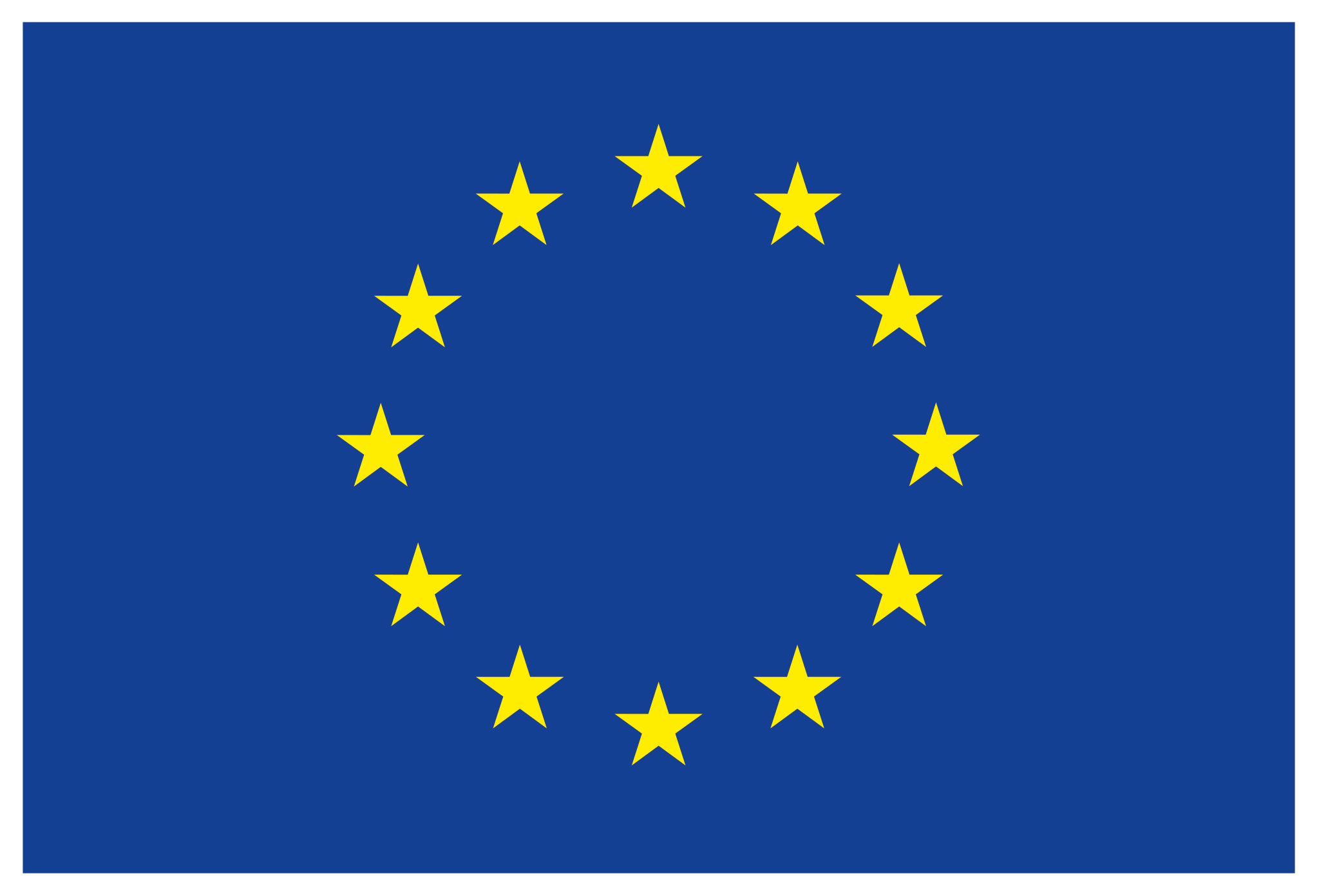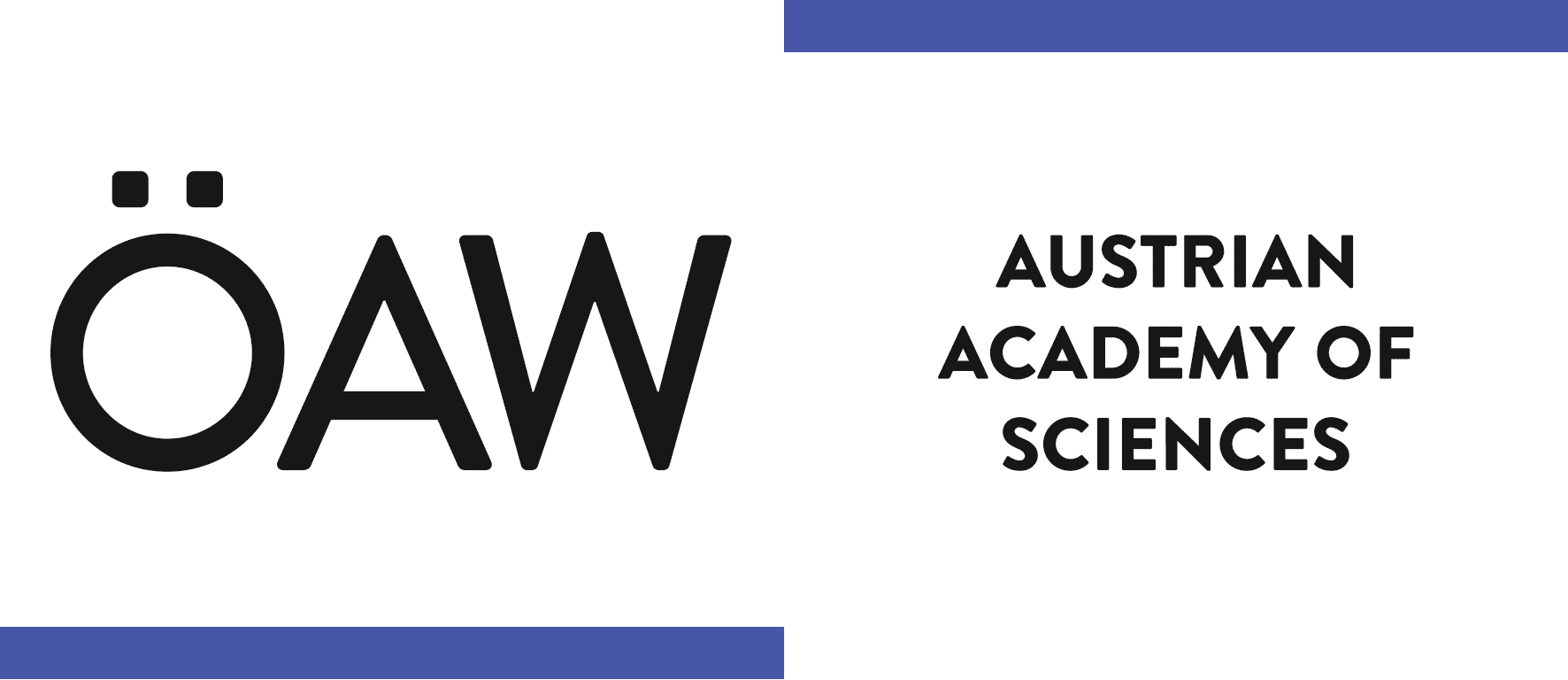




This large-scale interdisciplinary research project (ERC StG 336932) aimed to generate a bigger picture, and better understanding, of the transnational Sowa Rigpa industry. The project had four components: 1) An assessment of the emerging Sowa Rigpa industry both in quantitative and qualitative terms at the national level in India, China, Mongolia and Bhutan. 2) A detailed exploration of the four major domains upon which this industry is based: the raw materials, pharmaceutical production, the traditional pharma market, and intellectual property rights. 3) A critical analysis of how these elements come together as a pharmaceutical assemblage, in order to generate a hitherto non-existent “big picture” of the transnational Sowa Rigpa industry. 4) An integration of the project’s results into the larger theoretical, professional and policy-context to develop new insights and strategies for engaging with contemporary socio-economic, political, and healthcare challenges in Asia and the wider world.
Redefining Pharmaceutical Efficacy and Safety in Contemporary Exile Tibetan Medicine
This first comprehensive study on the pharmaceutical production of Tibetan medicine in exile focused particularly on contemporary exile Tibetan notions of pharmaceutical efficacy, safety and quality. It explored how these notions influenced, or were influenced by, actual pharmaceutical practices at the Dharamsala Men-Tsee-Khang and private Tibetan producers in the Dharamsala area.
Tibetan medicine is a central domain where modern Tibetan culture and identity are configured, but at the same time increasingly perceived and defined through its drugs. Examining its processes of pharmaceutical production and constructions of efficacy, therefore, allows new insights into the ways in which national health policies, the market, and pharmaceutical regulations affect local health care scenarios, national identity, and notions of efficacy.
Although funded for three years, this FWF stand-alone project (P25997-G15) was voluntarily terminated after 9 months in order to pursue the same research questions in the larger framework of the ERC RATIMED project.
The History of Tibetan Medicine in Exile
Despite almost 1400 years of recorded history, Tibetan medicine has arguably never changed and expanded as dramatically and within as short a period of time as during the last 50 years, and its establishment in exile (i.e. India) played an important role in this. However, it is exactly this part of its history that we had the least scholarly information about. Tibetan medicine’s history in exile is not only singular in terms of its contemporary pertinence, but also remained untold. This project filled this gap by producing the first in-depth critical history of Tibetan medicine in exile from 1960 until the present, focusing particularly on its globalization, commoditization, and pharmaceuticalization. The results of this EU funded study provide a solid and hitherto non-existent basis for any academic, political, or technological engagement with Tibetan and other Asian medicines.
Tibetan Medicine in Exile: the ethics, politics and science of cultural survival
What do the struggle for Free Tibet, the Dalai Lama’s exile government, and the survival of Tibetan culture have to do with Tibetan medicine? A lot, if common exile Tibetan rhetoric is any indication: Taking assertions that Tibetan medicine “preserves Tibetan culture” and “reasserts the Tibetan nation” as a starting point, this project – funded by a Wenner-Gren Dissertation Fieldwork Grant, an FWF stand-alone project P20589-G15, and a Qayum Grant – investigated how a medical tradition and its herbal pills acquired not only clinical but also cultural and political efficacy, and what this means for Tibetan medicine as a whole.
Producing the first comprehensive ethnographic account of Tibetan medicine in exile, this study found that “healing” the fractured Tibetan nation is as much a medical matter as Tibetan medicine is a political affair. Tibetan medicine in exile cannot be understood independently from Tibetan culture and nationalism. Similarly, accounts of exile Tibetan politics and governance remain incomplete without paying serious attention to Tibetan medicine’s political role. Playing multiple and at times conflicting roles simultaneously – clinical, ethical, cultural, political, scientific – Tibetan medicine thus stands at the center of modern efforts to reshape Tibetan culture, diasporic governance, and nationhood.
The Socioeconomic Transformation of Amchi Medicine in Ladakh
Beginning with the question of what the social role of medical practitioners (amchi) in rural Ladakh looked like in the early 21st century, this project focused on the impacts of rapid socioeconomic change on Tibetan medicine. How were local health care settings affected by new roads, a changing economy, increasing political links to distant centers, and heavy militarization at the Line of Control between India and Pakistan? Carried out through the international NGO Nomad RSI and funded by the University of Vienna and Land Steiermark, this project explored the social dimensions of Tibetan medicine among the Indo-Aryan minority community of the Buddhist Dards in Hanu.